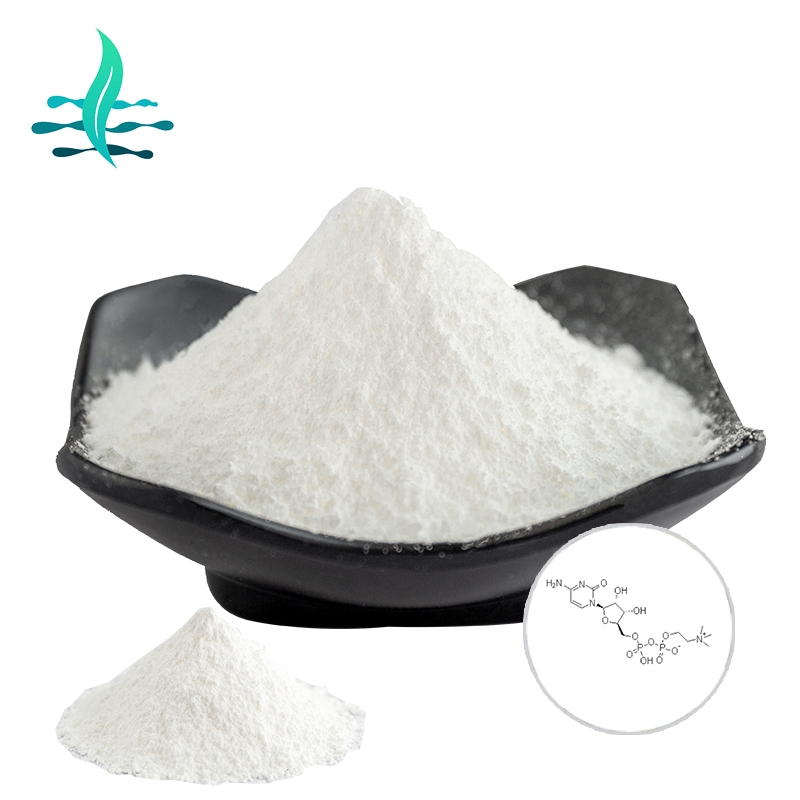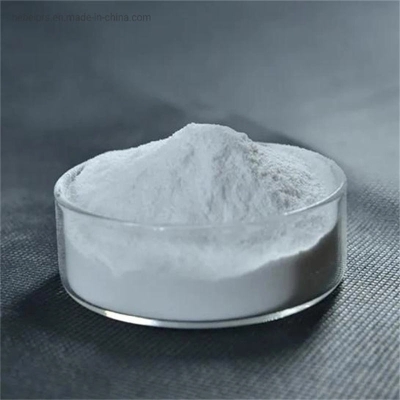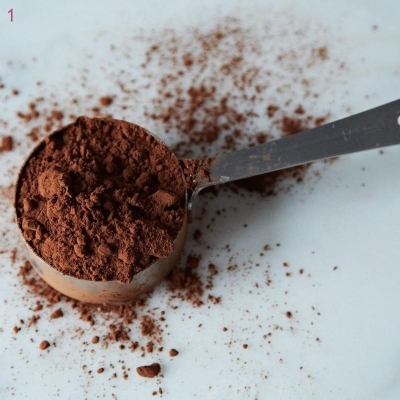Soybean isoflavone has 5 big benefits to human body what food content is much?
-
Last Update: 2019-09-19
-
Source: Internet
-
Author: User
Search more information of high quality chemicals, good prices and reliable suppliers, visit
www.echemi.com
Now, many girls like to take soy isoflavones to protect their bodies, so what is soy isoflavones? Is it suitable for you? How about taking it for a long time? Is there any side effect? Let's make it clear today What is soybean isoflavone? Soybean isoflavone is a kind of polyphenol compound, which is a kind of secondary metabolite formed in the growth of soybean The main isoflavones in nature are genistein, daidzein, daidzein, chickpea sprout a and awn stalk anthocyanin Soybean and soybean products are the main food sources of soybean isoflavones Soybean isoflavone can combine with estrogen receptor, play the role of estrogen like and regulation of endogenous estrogen, so it is called phytoestrogen At the beginning of the 20th century, soybean isoflavones were found in plants such as soybean Since 1950s, soybean isoflavones have been extracted or synthesized, and the weak estrogen effect of soybean isoflavones has been found Epidemiological studies show that the incidence rate of cancer and cardiovascular diseases in the Eastern population with long-term consumption of soy is significantly lower than that in the western population The effect of soybean isoflavone on human body 1 Estrogen like activity Soybean isoflavone can play the role of estrogen like or anti endogenous estrogen in vivo, and can play the role of regulating estrogen receptor Soybean isoflavone can improve the perimenopausal syndrome Postmenopausal women can effectively reduce the frequency of hot flashes and improve the symptoms of perimenopause by daily supplementation of soybean or soybean extract for more than 3 months 2 Antioxidant effect The antioxidative effects of soybean isoflavones are mainly manifested in inhibiting the production of oxygen free radicals, hydrogen peroxide, DNA oxidative damage and lipid peroxidation 3 Improve postmenopausal osteoporosis In postmenopausal women, soybean isoflavones or metabolites show weak estrogen effect They combine with estrogen receptor in osteoblasts, enhance the activity of osteoblasts, promote the production, secretion and mineralization of bone matrix, and improve osteoporosis 4 Reduce the risk of breast cancer Soybean isoflavone may reduce the risk of breast cancer by increasing estrogen metabolism to 2-hydroxyestrone It can also inhibit the occurrence and development of cancer by antioxidation, promoting apoptosis and inhibiting cell proliferation 5 Impact on cardiovascular system Estrogen levels in postmenopausal women are reduced, resulting in abnormal lipid and cholesterol metabolism, and increased blood lipids and cholesterol, leading to increased incidence rate of cardiovascular diseases Soybean isoflavone can prevent and treat cardiovascular disease through estrogen like effect Food sources and dietary suggestions: soybean and soybean products are the main sources of soybean isoflavones, such as beancurd, soybean meal, tofu, dried tofu, soybean milk, etc According to the results of epidemiological studies on the reduction of breast cancer risk by soybean isoflavones, the specific recommended value (SPL) of soybean isoflavones for prevention of breast cancer in premenopausal, perimenopausal and postmenopausal women is 55 mg / day According to the clinical research results, the effective dose of soybean isoflavone to improve postmenopausal osteoporosis is generally 80 mg per day The possible side effects of excessive intake of soybean isoflavones in adults include nausea, vomiting, diarrhea and other gastrointestinal symptoms, as well as edema, constipation and rash For postmenopausal women, the maximum tolerance of soybean isoflavone intake is 120 mg per day; for men and premenopausal women, there is no maximum.
This article is an English version of an article which is originally in the Chinese language on echemi.com and is provided for information purposes only.
This website makes no representation or warranty of any kind, either expressed or implied, as to the accuracy, completeness ownership or reliability of
the article or any translations thereof. If you have any concerns or complaints relating to the article, please send an email, providing a detailed
description of the concern or complaint, to
service@echemi.com. A staff member will contact you within 5 working days. Once verified, infringing content
will be removed immediately.







